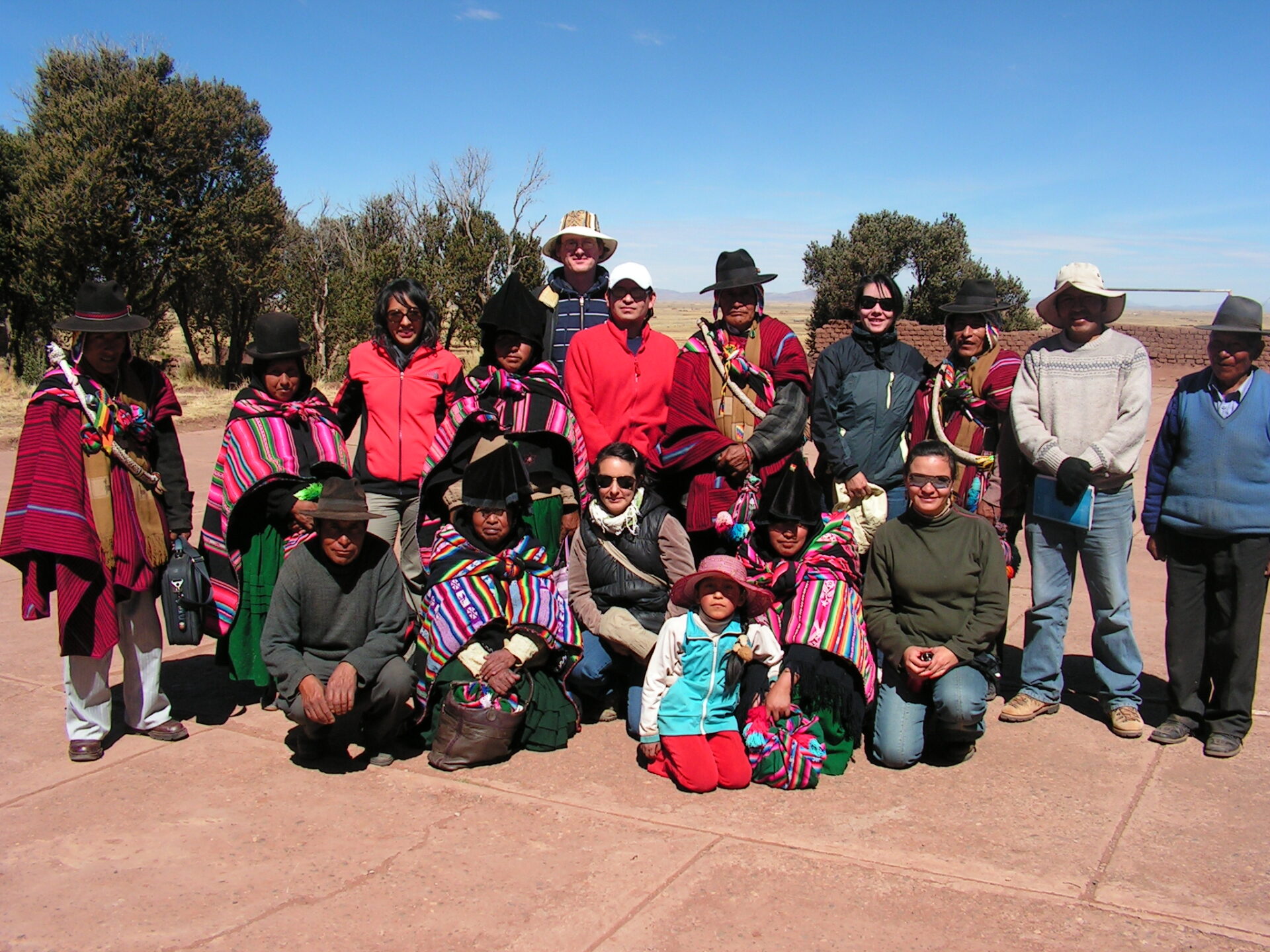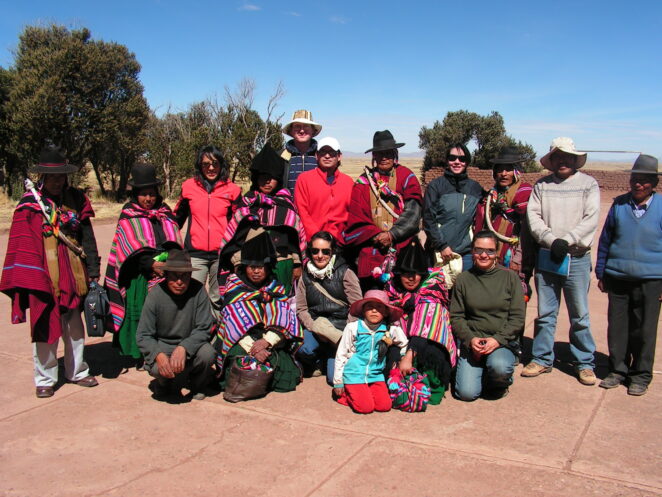Case-study /
Understanding Adaptation and Mitigation Strategies of Andean People – Bolivia


The main intention of the International Network on Climate Change (INCA) is to understand the situation of local farming and forestry systems in the tropical Andes, and to derive and test livelihood strategies for small-scale farms and indigenous communities together with local actors, scientists, experts, and students. The network aims to contribute to the transfer of technology and knowledge among all members and to bridge the gap between the global discourse on climate change and local action.
The project “Understanding Adaptation and Mitigation Strategies of Andean People” aims to accomplish a number of objectives:
- To organize and integrate a Research & Development oriented network of relevant stakeholders on the topic of adaptation and mitigation to climate change in exemplary rural areas of the tropical Andes
- To conduct an analysis of the biophysical and socio-economic factors that influence livelihood strategies of traditional Andean farmers and to study how these systems are being affected by climate change
- To compare case study outcomes in order to generate and typify key indicators for livelihood strategies in the tropical Andean region and to comparatively assess trade-offs between the options that enhance food security and income (adaption strategies) and those options that enhance ecosystem functions (mitigation strategies)
- To elaborate models for the simulation and planning of successful interventions in farming and forestry systems in order to improve adaption and mitigation strategies
- To foster scientific exchange of adaption and mitigation strategies on climate change among local users, scientific community, state authorities; NGOs, as well as other relevant stakeholders in the tropical Andean region
- To contribute to the international debate within the UNFCCC from the bottom up to consider the needs and experiences of local stakeholders in using natural resources
